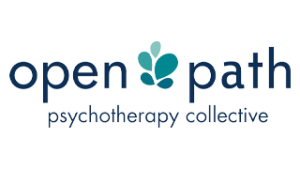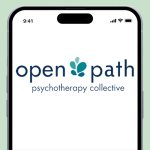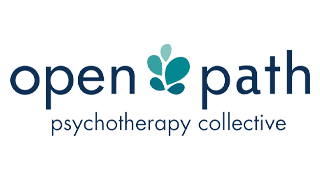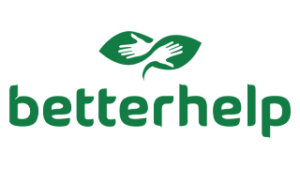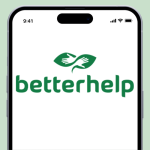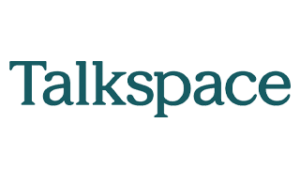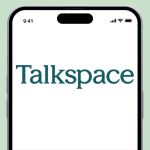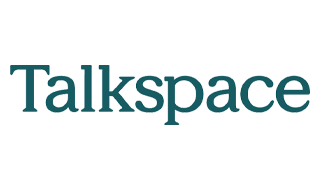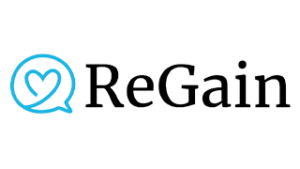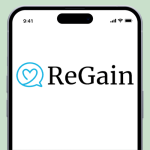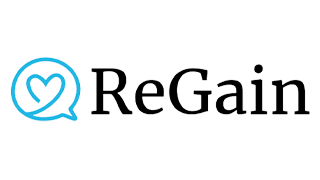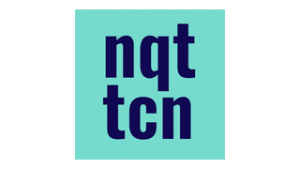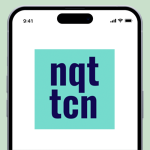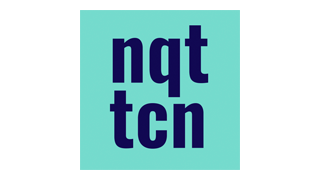Table of Contents
- We spent more than 10,000 hours researching over 70 online therapy platforms, and our testers signed up for the 20 most popular platforms to bring you our top picks.
- Our testers test each platform for at least two weeks, focusing on the sign-up process, therapist selection, therapy session quality, and customer service interactions.
- We survey over 2,000 online therapy users, hold focus group interviews with both users and therapists, and consult over 60 mental health experts.
- We interview mental health experts to gain insight into free and low-cost online therapy programs and learn their recommendations for clients seeking affordable care.
- Learn more about how we test free and low-cost online therapy platforms.
Key takeaways
- Free online therapy is extremely limited, but there are low-cost options available.
- Open Path Collective is our best overall pick due to its low-cost therapy sessions and ease of finding a provider.
- Insurance, employee assistance programs (EAPs), and financial aid can help make therapy more affordable.
- Through surveys, focus groups, and testing, we determined that important factors to consider when choosing a low-cost online therapy platform include provider credentials and experience, accessibility, and availability.
Free online therapy options with a licensed professional are rare and your options may be very limited. If you pay with insurance, you will often have to pay coinsurance or deductibles but, depending on your plan, you could eventually have no out-of-pocket cost.
Using platforms that advertise “free therapy” can also be unsafe. These platforms are often volunteer-run and require little to no mental health training or expertise, which can be harmful to users who need care. They may also not be entirely free, as they advertise.
According to our October 2023 survey of teletherapy users, affordability is the most important consideration users have when deciding on the best online therapy platform. Even though free therapy is rare, we reviewed several low-cost and affordable online therapy platforms, and we have some tips for reducing your costs. Learn more about low-cost and affordable online therapy platforms, including the benefits and disadvantages.
5 best low-cost online therapy services of 2024
- Open Path Collective: Best overall
- BetterHelp: Best for financial aid
- Talkspace: Best for using insurance
- Regain: Best low-cost couples therapy
- National Queer and Trans Therapist of Color Network: Best low-cost BIPOC LGBTQ+ therapy
Data privacy on mental health platforms
In addition to understanding how your data is collected and used before signing up for a platform, we recommend the following basic steps that we learned from the U.S. Department of Health and Human Services (HSS) and Mozilla Foundation’s *Privacy Not Included project:
- Attend your online therapy appointment in a private location, preferably not on a public Wi-Fi network.
- Use your personal computer when possible.
- Look out for checkboxes during sign-up to opt out of data tracking or medical information disclosure.
- Sign up with your email, not a social login like Facebook.
- Choose a strong password to create a secure account login.
- When choosing a provider, review the platforms’ privacy guidelines to understand whether they share private information.
Open Path Collective: Best overall
Why Open Path Collective is our pick for best overall
While therapy at Open Path Collective isn’t free, we think it is the best low-cost therapy option out there. Open Path Collective is a non-profit organization that offers affordable therapy to people who need it. Its per-session fees range from $30–$80, the lowest per-session rate we’ve seen in our research and testing.
In addition to being affordable, the platform has numerous filter options that let you easily search for providers by session cost, specialty, modality (individual, group, couples, or family therapy), treatment orientation, therapist race or ethnicity, age specialty, and language specialty. You can use these filter options to your advantage to find a therapist who specifically matches your criteria. However, our testers are disappointed that there aren’t filters for gender or therapists who are LGBTQ+.
Who may like Open Path Collective: If you meet Open Path’s criteria and are searching for a specific type of therapist, specialty, or treatment, this can be a great platform to locate affordable therapy and find a therapist for your needs.
Who may want to avoid Open Path Collective: If you can afford the market rates for therapy, you may not want to sign up for Open Path Collective. This platform is specifically designed for people who need mental health services but are usually unable to afford them. You may also not want to use Open Path Collective if you are diagnosed with a serious mental illness or need specialized care.
Open Path Collective tester insights
Our testers appreciate the thoroughness of the directory and how easy it is to narrow down their choices. They used the filter options with ease and read through a few bios before finding someone who seemed like a match.
From one of our Open Path Collective testers
“I really appreciate that Open Path has long, thorough profiles where I can learn as much about the providers as possible and reach out to ask questions before I sign up.”
One downside our testers discovered is that scheduling an appointment may take longer than other online therapy platforms. When you contact a provider, it can take up to four business days to receive a response. If you want an appointment sooner than that, you may want to consider a different platform.
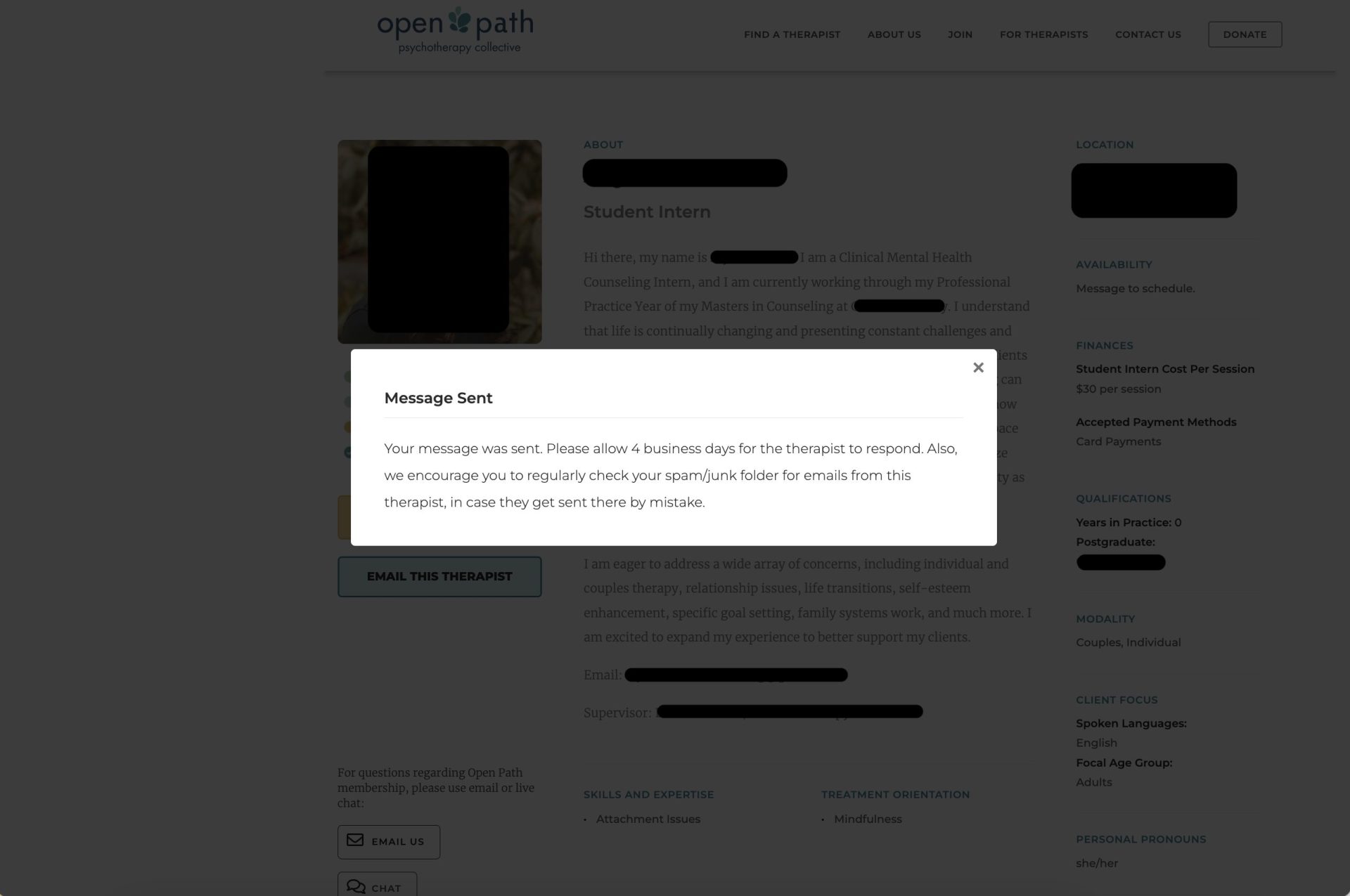
Learn more in our Open Path Collective review.
BetterHelp: Best for financial aid
Why BetterHelp is our pick for best for financial aid
BetterHelp is one of the few online therapy platforms offering its users financial aid, which can reduce the cost of teletherapy. The financial aid application is easily accessible during the signup process, and you can receive approval before entering your payment information. Financial aid is applied to the subscription for three months, with the option to apply for an extension at the end of that time. The platform also accepts HSA and FSA funds. These are accounts that allow you to set aside pre-tax money for qualified medical expenses.
We also like that BetterHelp subscriptions include a number of additional features, like a digital journal, worksheets, and group sessions on specific topics. These group sessions are 90 minutes and led by BetterHelp providers, covering topics on anxiety and depression, relationships, anger management, skill building, grief, trauma, substance abuse, and more.
Who may like BetterHelp: If you’re eligible for financial aid or wish to use an HSA or FSA card, BetterHelp can be an affordable choice.
Who may want to avoid BetterHelp: If you want to use insurance for online therapy.
BetterHelp tester insights
One tester entered their income level during sign-up and received a “reduced fee” plan from BetterHelp of $260 per month, its lowest plan price. They then applied for financial aid and received an additional $39 off a month, bringing their total monthly cost down to $221. We appreciate that the platform considered our tester’s financial situation and gave them generous discounts.
Our testers are very impressed with the online group therapy. While they were initially hesitant to sign up for a 90-minute class, they were so grateful they did. Our testers met anonymously with people who shared similar life experiences, and they felt genuinely acknowledged and understood during the class. Meeting with others who experience similar anxiety symptoms may help you feel heard and supported. Plus, the classes are easily accessible, and you can read through topic descriptions before you attend.
From one of our BetterHelp testers
“The class tab in the app lets you scroll through all available classes in the next few days. It is quite easy to navigate and read descriptions of the available group class options.”
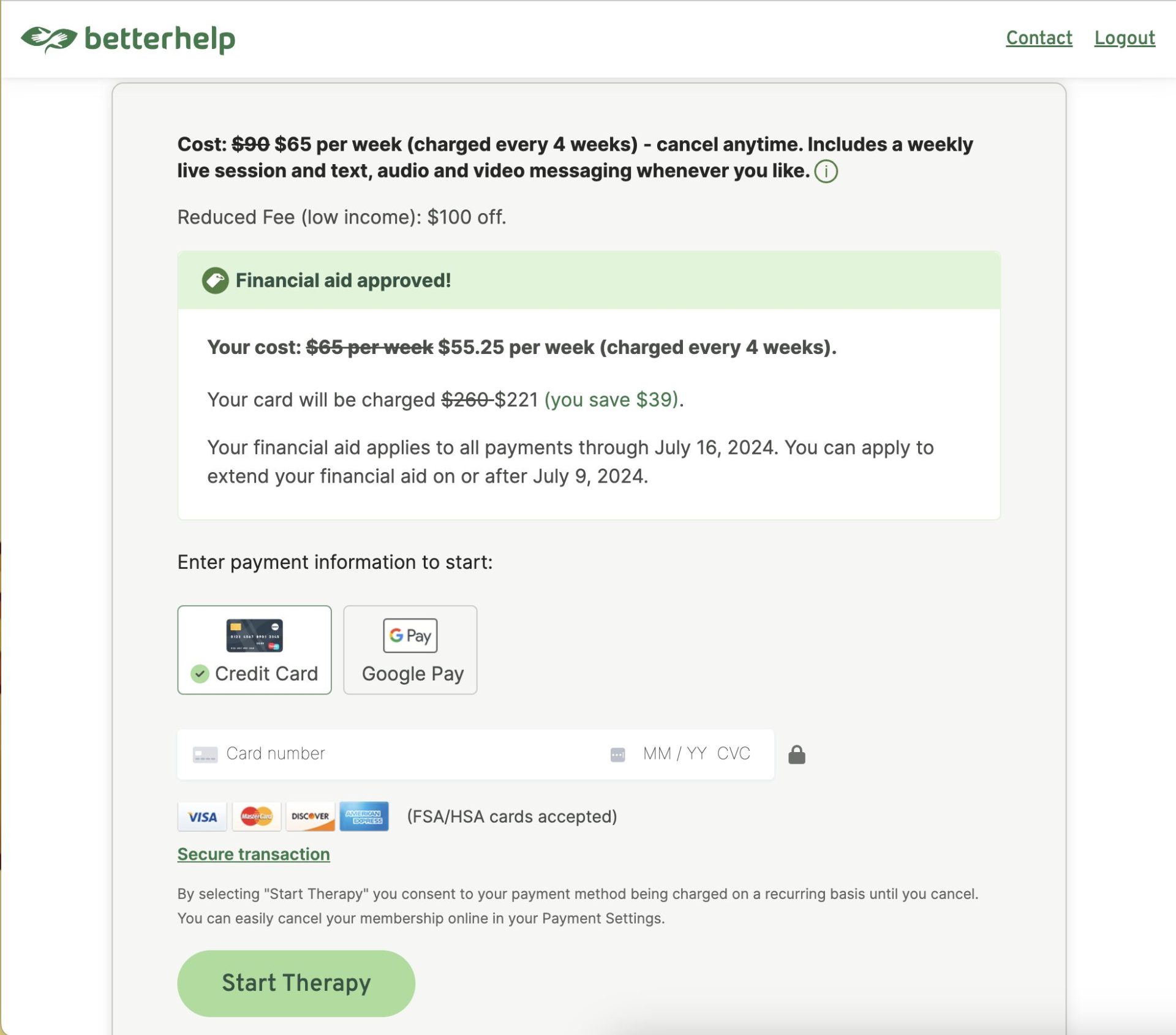
One tester found it difficult to schedule an appointment with their therapist due to the provider’s availability. Although the questionnaire asks about availability, our testers doubt that BetterHelp actually considers this when matching you with a provider. However, switching to a new therapist is easy to do.
Read our in-depth BetterHelp review for more information
Talkspace: Best for using insurance
Why Talkspace is our pick for the best for using insurance
Talkspace accepts many major insurance plans, as well as HSA and FSA funds, and is covered by some EAPs. Talkspace is also our top overall pick of online therapy that accepts insurance. Our February 2024 survey of Talkspace users revealed that 81 percent used insurance to help pay for their plan. While signing up, you can check your insurance coverage before you finish making an account. You will need to enter your member ID, so make sure you have that information on hand.
Here are some of the average copays per session for specific health insurance plans, according to the Talkspace website:
- Aetna: $40
- Anthem: $35
- Regence: $26
- Cigna: $30
- Optum: $26
- Carelon: $22
Talkspace has a program called NYC Teenspace that provides free therapy to teens ages 13–17 who live in New York City. This includes messaging with a therapist and a monthly live video session with a provider.
Who may like Talkspace: If you plan to use insurance and your plan is in-network for Talkspace, and if you are looking to meet with an online psychiatrist.
Who may want to avoid Talkspace: If you have to pay out-of-pocket or your insurance plan isn’t accepted through Talkspace, there are more affordable online therapy options.
Talkspace tester insights
Although Talkspace can be an affordable option with insurance, our tester is disappointed that the live sessions are only 30 minutes, which is shorter than other platforms we’ve tested.
From one of our Talkspace testers
“In the first session with my therapist, there wasn’t much insight given into my problem since we were trying to squeeze as much introduction into 30 minutes as possible.”
Our tester reached out to customer service via the chat form on the Talkspace website to find out if they could schedule a longer session. Customer service responded within 10 minutes, stating that sessions are only 30 minutes long, but our tester could “stack” two 30-minute sessions back-to-back if their provider had availability that allowed for it.
At the end of our testing period, our tester found it very easy to cancel their subscription in the app.
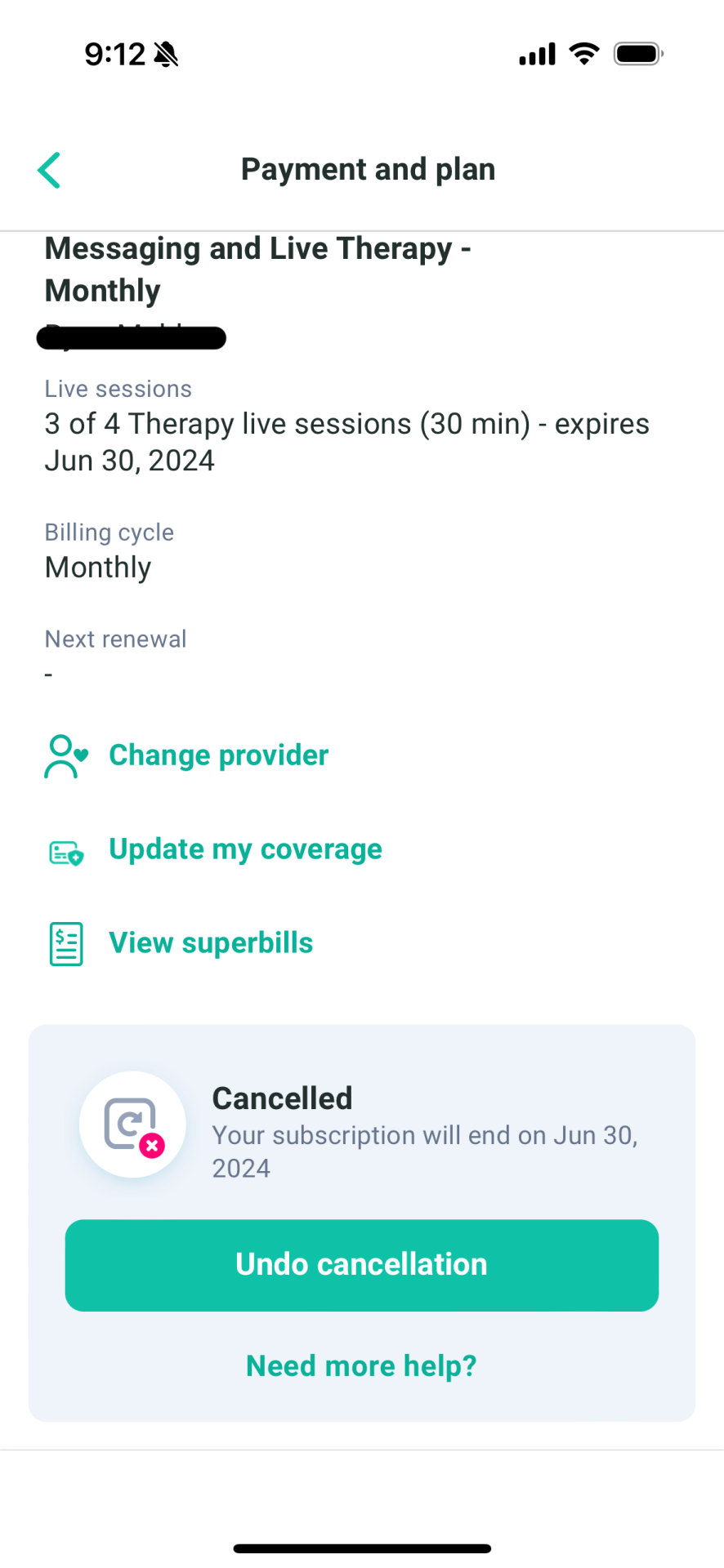
Read our in-depth Talkspace review for more information.
Regain: Best low-cost couples therapy
Why Regain is our pick for low-cost couples therapy
Regain can be an affordable online couples therapy option, with or without financial aid. Couples therapy is sometimes more expensive than individual therapy, but Regain prices are comparable to individual therapy. Regain is owned by BetterHelp, so it offers the same financial aid process. In addition to therapy sessions, group classes and worksheets are also included in the subscription. In our February 2024 survey, over 75 percent of Regain users completely agreed or somewhat agreed that Regain was a good value for the money they spent.
Who may like Regain: If you’re looking for affordable couples therapy with additional resources outside of therapy, like worksheets and workshops, Regain may be a good choice.
Who may want to avoid Regain: Regain doesn’t accept insurance, so if you want to stay in-network, you will need to look at other options.
Regain tester insights
When our testers filled out the Regain financial aid application, they received a 30 percent discount for the next three months, which brought their cost down from $360 to $252 per month. After three months, you can reapply to extend your financial aid. When we reached out to Regain to learn who is eligible for financial aid, we didn’t receive clear guidance. The only way to find out if you’re eligible is to fill out the financial aid application.
The platform has great therapist availability. Our testers have no problem finding an appointment that fits their schedule, and there’s plenty of evening and weekend availability for couples who are busy during the day. Our testers initially discovered that they didn’t connect well with the first therapist match, but they found it easy to switch to someone who offered great insight and directed them to helpful resources.
From one of our Regain testers
“We switched to a new therapist after our first appointment. We really like her a lot, more than the first one. She has a great balanced tone as a couples therapist. She can see both sides to everything we say and is encouraging to both. She sent us each a worksheet to do after the session that we both found helpful.”
Read more about Regain in our Regain review.
National Queer and Trans Therapists of Color Network: Best low-cost BIPOC LGBTQ+ therapy
Why National Queer and Trans Therapists of Color Network is our pick for the best low-cost BIPOC LGBTQ+ therapy
The NQTTCN is a directory of more than 300 providers that connect queer and trans-Black people, Indigenous people, and People of Color (BIPOC) users with queer and trans-BIPOC providers. Many providers offer sliding scale or low-cost fees to people who can’t afford the full cost of therapy. The NQTTCN also has a program called the Mental Health Fund that provides financial support for up to eight therapy sessions, but the application submissions closed in March 2024. We reached out to customer service and discovered that applications will open again in the spring of 2025 and that the best way to stay informed is to follow its Instagram account @NGTTCN or sign up for its newsletter.
Directories like NQTTCN can play an important role in connecting people with shared identities. Research shows that when therapy clients socially identify with their therapist, there is a stronger therapeutic alliance, which can correlate to a more positive therapy outcome.
Who may like NQTTCN: If you are queer or trans Black, Indigenous, or a Person of Color looking for low-cost or sliding scale therapy, the NQTTCN can help you locate an affordable therapist who shares aspects of your identity.
Who may want to avoid NQTTCN: You may consider using a different platform if you live in a state where NQTTCN isn’t available or the number of providers is limited.
NQTTCN tester insights
Our testers find it very easy to sort through the NQTTCN directory to find affordable therapists. A few options allow you to filter providers based on whether they have sliding scale or low-cost fees, are accepting new clients, and provide virtual therapy. You can also filter by languages spoken. We appreciate these filter options, but there could be more. It can be time-consuming to click on each of the 77 provider bios listed for New York, for instance.
From one of our National Queer and Trans Therapists of Color Network testers
“It was super easy to locate a provider in my state and send them a message. I received a response back from them within two hours, but I was disappointed to learn that they aren’t accepting new clients, even though it states they are on the website.”
The availability of NQTTCN providers is limited. It’s currently only available in 39 states, Washington, DC, British Columbia, and Ontario, Canada, and the number of providers varies greatly by state. For instance, we discovered California has 151 providers while Arizona only has five. We found that all therapists listed on the NQTTCN may not even be accepting new clients, which limits availability even more.
Read more in our full review of NQTTCN.
Free online therapy platforms we do not recommend
We advise users to be cautious of any platform advertising free online therapy. The programs in this review are legitimate platforms we have researched and tested, but we have also discovered platforms that do not offer legitimate therapy. One of those programs, 7 Cups, is a chat-based platform that advertises as “free therapy” but actually costs $150 per month for sessions with a licensed provider. The free subscription of 7 Cups includes messaging with an AI bot or a “volunteer listener” who requires minimal and inadequate training. Our tester was able to become a volunteer within 15 minutes without properly filling out the form. Considering free therapy on 7 Cups may be dangerous for those who are experiencing mental health symptoms and in need of qualified support.
How we test and choose online therapy platforms
The Handbook Team researched over 70 online therapy and psychiatry platforms, directories, and networks. Based on our research, we signed up for the top 20 platforms to test out for ourselves.


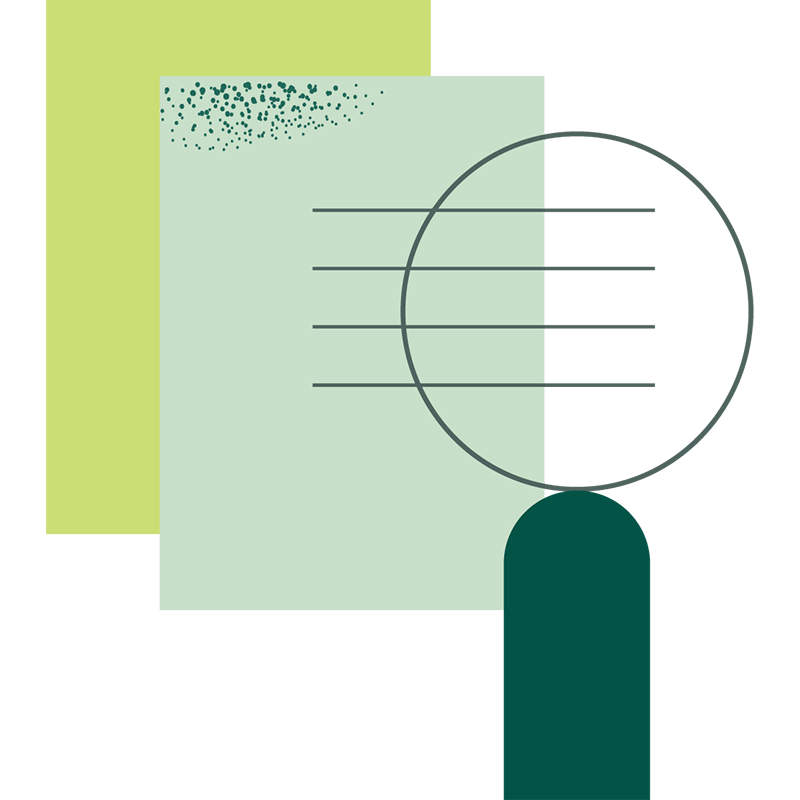



First-hand testing experience
Testers explore the platforms and attend online therapy sessions for at least two weeks. Our testers test the platforms through the lens of a real user, paying attention to how easy or difficult it is to find a therapist they can talk to. Additionally, testers are located throughout the United States, allowing us to gauge the availability of providers in different locations. Testers log their experience in a diary and come together to share their findings when testing concludes.
Online therapy surveys
We receive survey responses from over 2,000 online therapy and psychiatry users in varying age groups. These surveys ask current users of 10 of the most popular mental health care platforms to evaluate each service. Their feedback teaches us firsthand how users leverage each platform’s unique features and helps us learn how users feel about important issues such as data privacy.
Focus groups
We host focus groups of practicing online therapists and current online therapy and psychiatry users to understand what each group values on their side of the screen. We ask the therapists about the pros and cons of teletherapy and learn what factors influence online therapy and psychiatry users to choose one platform over another.
Our online therapy and psychiatry rating indexes
We create a unique rating index to see how varying platforms measure up to four key factors:
- Affordability: We look for platforms with affordable out-of-pocket prices. We also include counseling services that accept insurance or offer financial aid.
- Data privacy: We examine how each platform collects and handles user data. If a brand doesn’t have this info available on their website, we reach out to learn from them directly.
- Therapist availability: We collect data on a brand’s total number of in-network therapists and their appointment availability in different states.
- Inclusivity: We evaluate platforms on their inclusivity and diversity of practitioners. We also note if a platform allows you to filter therapists by ethnicity or gender identity.
Mental health experts
A group of seasoned mental health professionals offered insight on free online therapy platforms for this article, helping us ensure that it contains up-to-date information and expert knowledge. We gained insight into pro-bono sessions, sliding scale fees, and resources for people seeking affordable online therapy.
Learn more about our online therapy testing and review methodology.
Our free online therapy testing process
In a mental health emergency
Online therapists may not be the most appropriate resource to help in a mental health crisis. If you or someone you know is a danger to themselves or others around them, it is an emergency, and it cannot wait for an online therapist’s response. Don’t wait. You can find help immediately by:
- Calling 911
- Visiting your local urgent care or emergency room
- Calling or texting 988 for the Suicide & Crisis Lifeline
- Chatting online at 988lifeline.org
- Calling the Substance Abuse and Mental Health Services Administration (SAMHSA)’s Helpline at 1-800-662-4357 or texting your zip code to 435748
All the above options will connect you with trained professionals who can provide crisis support. You can find even more resources, including international options, on our helpline directory page.
Does free online therapy work?
Free online therapy programs are often volunteer-run and require minimal training since there aren’t enough resources for thorough, proper training. You could also be chatting to an AI chat bot if you are using a messaging-based platform. Seeking continuous mental health support from volunteers is unlikely to be as effective as talking to a therapist. Instead, you may want to seek out low-cost and affordable platforms that connect you with a licensed mental health professional.
Ways to save money on online counseling
Therapy can be a significant expense. We spoke with experts to gain insight into their recommendations for seeking affordable therapy. “I always advise people to look at local LGBTQ+ centers. You don’t have to identify as part of the community to receive services. Most are nonprofits that offer community mental health and offer low-services and sometimes pro-bono services,” says Grey. Grey also states that local mental health agencies in the community may offer sliding scale, pro bono, or low-fee sessions.
Here are a few ways you can save on online therapy:
- Insurance: Using your health insurance can significantly reduce the cost of therapy to a small copay.
- Financial aid: A few online therapy programs offer financial aid to eligible users. Check its website or contact customer service to find out if the platform offers financial aid and how you can apply.
- Employee assistance programs (EAPs): Employers offer these programs to support their employees if they’re experiencing personal or work-related issues. Typically, EAPs cover a certain number of sessions.
- Discounts: Some online therapy programs offer discounts for veterans, students, or other select groups of people.
- Student counseling: Many universities offer free counseling to students. The one drawback is that some colleges may have a long waitlist, depending on the need for mental health care.
- HSA or FSA cards: Money in an FSA or HSA can be linked to a card you can use for online therapy. Make sure to check with the online therapy platform to make sure they accept HSA or FSA cards.
- Sliding scale fees: Some mental health providers offer sliding scale rates for people who can’t afford the full cost of therapy. If you’re interested in sliding scale fees, talk to your provider to find out if they offer this service.
Our final verdict
Our overall pick for the best low-cost online therapy platform is Open Path Collective because, in addition to offering low-cost therapy sessions, it is very easy to filter through the providers and reach out to see if they’re a good match for you before you have to submit any payment.
Free online therapy with a qualified professional is rare and limited. Many platforms that advertise free therapy aren’t trustworthy and don’t provide quality long-term mental health care. Open Path Collective, BetterHelp, Talkspace, Regain, and the National Queer and Trans Therapist of Color Network all offer low-cost, legitimate online therapy.
Compare the best free online therapy platforms of 2024
| Best for | Affordable therapy for people who can’t afford therapy | People who want extra features included in their subscription | Teens living in New York City and people who have insurance | Couples who are seeking flexible scheduling | Queer and trans BIPOC who are interested in sliding scale fees |
| Price | $30–$80 per session | $260–$400 per month | $276–$436 per month, and free for NYC Teens | $260–$360 per month | $75–$200 per session, varies by location and provider |
| Services offered | In-person and virtual video sessions | Live phone, video, and chat, and messaging between appointments | Live phone, video, and chat, and messaging between appointments | Live phone, video, and chat, and messaging between appointments | Live phone, video, and chat, and messaging between appointments |
Frequently asked questions
Research shows that online therapy can be as effective as in-person therapy for some people. Whether online therapy is the right choice for you may depend on your specific mental health concerns and personal preferences for receiving therapy.
Teens who live in New York City can access free online therapy through Talkspace. If you don’t live in NYC, teens can access low-cost therapy from Open Path Collective, Talkspace, or the National Queer and Trans Therapists of Color Network.
While it is rare and limited, some mental health care providers or agencies choose to offer their services to groups in need free of charge. Usually, you must meet a requirement to be eligible, such as a low income or the inability to afford the cost of therapy.
- (2024, April). Anxiety disorders. National Institute of Mental Health. Link
- Cruwys, T., Lee, G. C., Robertson, A. M., Haslam, C., Sterling, N., Platow, M. J., Williams, E., Haslam, S. A., & Walter, Z. C. (2023). Therapists who foster social identification build stronger therapeutic working alliance and have better client outcomes. Comprehensive Psychiatry, 124. Link
- Barak, A., Hen, L., Boniel-Nissim, M., & Shapira, N. (2008). A comprehensive review and a meta-analysis of the effectiveness of Internet-based psychotherapeutic interventions. Database of Abstracts of Reviews of Effects (DARE). Link
- October 2023. Pollfish. Online therapy survey. 600 respondents.
- February 2024. Pollfish. Talkspace survey. 100 respondents.
- February 2024. Pollfish. ReGain survey. 100 respondents.




